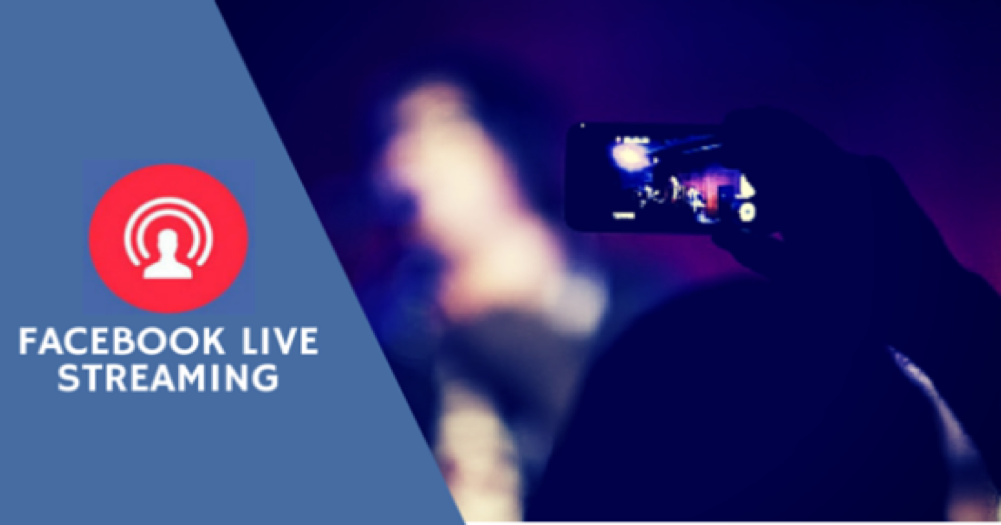By Nicole Siino
Live streaming has been around for a long time, years before Facebook entered the live streaming scene. Smart phones increased live-streaming capabilities by allowing people to live stream on the go and in their everyday lives. Sharing videos became a part of people’s daily routines with the creation of apps like Meerkat, Periscope, Vine, Instagram video, and Snapchat. Facebook, arguably the biggest social media website, launched live streaming in 2015 with limited access to only celebrities. The feature then became accessible to everyone in 2016 and became known as Facebook Live. Once the live stream is over, the user has the option of saving the video onto their profile. Live streams allow people from across the globe to attend birthday parties, weddings, recitals, and many other happy events. However, people may not realize the legal consequences of sharing live-streaming videos. In many cases, live streaming videos are used as evidence in criminal or civil cases.
In January 2017, Swedish law enforcement arrested three young men on suspicion of live streaming a video raping and assaulting a woman in a private Facebook group. Police officers received many phone calls reporting the rape as it was streaming live. While police and prosecutors have some images and partial videos of incident, they cannot locate the part of the video where the actual assault occurred. Swedish Television News reported that two videos might have streamed live. The first captured the rape and the second video, allegedly, showed one of the men trying to coerce the woman into denying the rape. Linda Johansson told Swedish Television News that she saw the second live video. She reported that the men taunted the woman and laughed throughout the entire thing. Although the second video was not confirmed, images of the men were shared on all social media platforms and many people reported seeing the videos live. A Facebook spokeswoman spoke out against the men’s use of Facebook live streaming. Facebook vowed to interrupt streams that violate their Community Standards. Additionally, Facebook has a feature that allows live viewers to report videos. Since the creation of Facebook Live, many horrific and illegal acts have been committed while streaming.
The first major Facebook Live incident occurred in July, only a few months after the program launched. Facebook Live caught the aftermath of police killing Philando Castile. Only a week later in Norfolk, Virginia, a Live video caught three men being shot. The men were sitting in a car listening to music and “went live” for fun. Now the video is used for evidence in the triple shooting. News stations across the country reported on and showed the horrific the videos. In December, two teenage girls were driving along a highway in Pennsylvania while on Facebook Live. One of the girls said, “Are you going live?” then the video captured bright lights inside the car and sound of tires screeching followed by blackness. Sadly, the teens were declared dead at the scene. Another Facebook spokesperson encouraged people watching Live videos of someone in danger to contact law enforcement about what they see.
The recent protests sparked several people to go live using Facebook. Fortunately, most, if not all, have been peaceful and law enforcement have no need to gather the Live videos from such events. Facebook Live users should be prepared to hand it over their videos if the video contains information needed by law enforcement.
Facebook Live videos can also be part of non-criminal lawsuits. Streaming live videos often come with the same risk as making commercial videos. Live streaming users must make sure they follow all the applicable laws. Issues that may arise with commercial live streaming include copyright infringement, commercial or private property trespass, intrusion of privacy rights and right of publicity, and lack of disclosures.
Facebook Live is used to showcase people’s everyday lives, in real time. People use it to connect with friends and family members across the country or across the globe. Using Facebook Live in a way that violates the websites Community Standards can lead to law enforcement investigations.
Student Bio: Nicole Siino is a staff member on the Journal of High Technology Law. She is second-year law student at Suffolk University Law School. She holds a B.A. in History from Roger Williams University.
Disclaimer: The views expressed in this blog are the views of the author alone and do not represent the views of JHTL or Suffolk University Law School.

